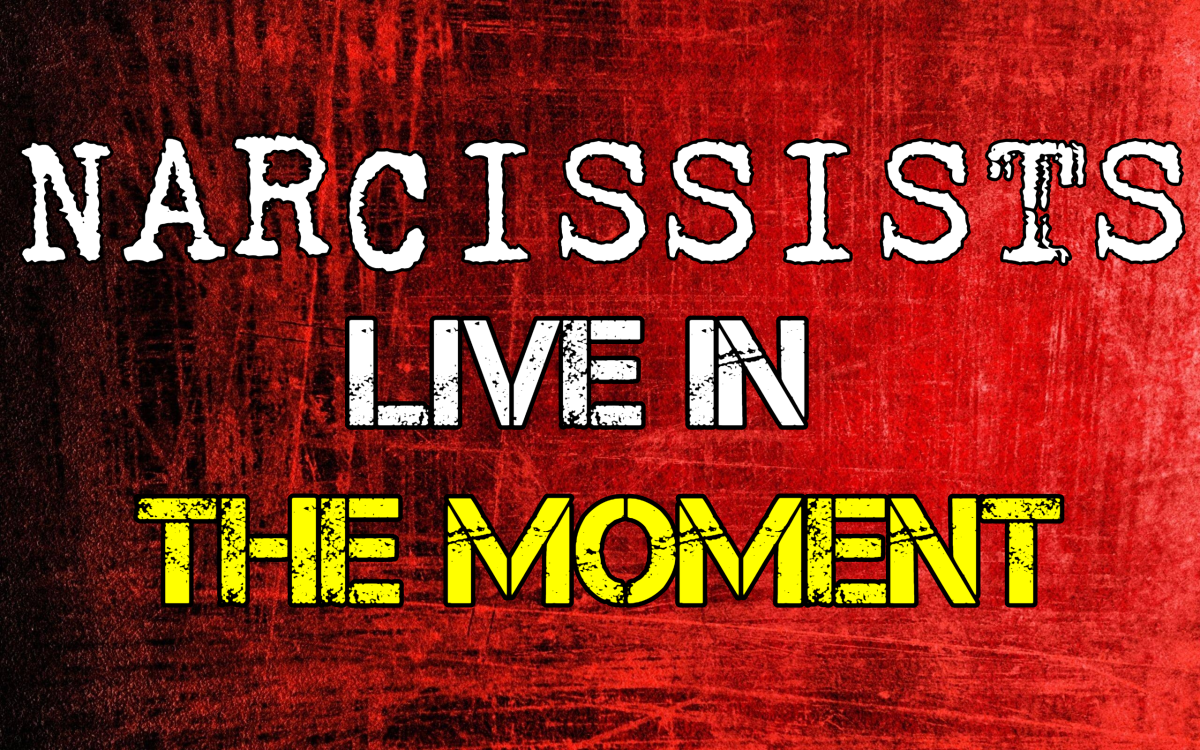Is Jean Paul Sartre's Good Faith Attainable?

Is Jean-Paul Sartre’s Good Faith possible to achieve? Perhaps it is that we can glimpse Good Faith but once you are in it, become aware you are in it, you will fall out of it. Since it takes a continuous effort to achieve and one must avoid the pitfalls of bad faith, it might be the constant effort to achieve it and the rare moments within it are the best that can be accomplished.
Sartre explains that the mind it composed of the for-itself rises which rises out of the in-itself and then stems into the pre-reflective and reflective. The pre-reflective is doing without real awareness. The reflective is what makes judgments, thematizes and thinks about your actions. The in-itself is just being and the for-itself is the essence we create in ourselves.
Here arises the first problem, for every time the for-itself reflects upon your actions, you are no longer doing the action so it only creates an objective picture that is no longer lived and it only gives a slice of reality. There is always this shifting taking place between the in-itself and the for-itself that makes it impossible for you to be doing what your thinking and thinking about what you are doing. To give one example of how hard this is to accomplish would be when a novice is playing the piano. When I used to play piano as a child we always had an end of year recital. I would play my piece and then later reflect on how well I had done. There were times, however, when thinking about playing and playing coincided. Those are the moments mistakes are born. The music becomes halting instead of smooth and your fingers trip on the keys. Thinking simply gets in the way of doing.
Our perception of time is created by our reflective consciousness. The past arises when we think about what we have done and then reflexively the future arises about thinking about what we will do. Thus the present is made up of the past and future and not focused on the present. Good faith requires being ‘in’ the present with past and future equilibrium. This would also mean the reflective for-itself would have to match up with the in-itself without the shifting that naturally occurs. Now when you meet a person and you refer to their past history with you, that is not good faith, and that is how we learn how to understand people and function in society. By the act of thinking about the history you are taking yourself out of the moment, perhaps even losing track of the conversation, but good faith requires you to be in the moment. Which also means not thinking about the moment, which can also arise easily. If you are experiencing a important event sometimes you think about what is going on in order to encode it into your memory, thus taking you out of the moment. It is also in good faith to speak without planning what you are going to say, as planning projects to the future and takes you out of the moment. Unfortunately, this can lead to some tact issues if you simply go around saying what is one your mind at the moment. These are just a few examples of how being ‘in’ the moment is difficult in every day life.
Freedom
“Man being condemned to be free carries the weight of the whole world on his shoulders; he is responsible for the world and for himself as a way of being.”-Sartre
Freedom is very important concept in Sartre’s philosophy for “man is nothing else but what he makes of himself,” (Pg.36). Freedom however creates anxiety in face of the past and the future. This is because there is no fixed essence to guide a person and because of all the possibilities in the future, there is no sure choices. We are all too aware that by making a choice we are cutting of all others. The past does not tell one what to do in the future, because resolutions in the past have no strength in the future for they are without the emotional commitment that goaded you to make the resolution in the first place. There is anxiety as well in the knowledge that you may not want in the future what you wanted when you made the decision.
Anxiety then creates flight because people don not want to make choices; they do not want the responsibility of their actions. By avoiding freedom we put ourselves in bad faith. Thus to be in good faith we have to accept our freedom and responsibility. For many people this is where we have a great problem with the attempt at good faith.
First there are people who fall to the victim syndrome. It is never their fault since it is due to some kind of external influence. A person failed a test not because they chose not to study but because his friends made him go out, or the teacher does not like him personally. They never realize it is their choices that led up to the situation. There are some people that are always in this mode of thinking. Still, at one time or another anybody can catch themselves thinking these thoughts. The problem is that it is entirely too easy to blame some situation or person for something that happened to them instead of acknowledging that their choices had a strong influence on what happened.
Then there are some people that believe in some way or form that they are pre-determined, they are that way because of heredity, society, because of some biological consideration or psychological determinism. There are all to many examples. I am an alcoholic because my father was one. I am a criminal because of society and the environment I grew up in. It is fate that I ended up this way or god’s will. It is a very effective and well-used method to denying our freedom.
Both the claim of victimization and the claim of pre-determined attitudes are to attempt to get rid of the responsibility that resides in the individual. In fact there are cases when the freedom itself paralyzes a person. Where a person is completely aware of their freedom and every choice one makes is one they are going to have to later accept, creating such anxiety the person is unable to choose. They are struck indecisive and try not to choose anything, or else they work themselves into a state of depression or constant anxiety for fear of what the decision might cause. Depression or perpetual anxiety is a fine example for underneath the manifestation of depression lie certain thought patterns. There are three worth mentioning here. 1) Perfectionism- the effort to make everything the way you want it. This creates anxiety because every decision they make will affect their goal and when that goal is achieved it is never the way they wanted it to be. This is anxiety to the future, where the future never matches up with the expectations. 2) Fear of Failure- is a strong influence because these people are aware their choices have the power to cause them to not achieve the goal they want. So they fear they do not have the strength to make the right choices. They are aware the goal in the past is a constant effort in the future. In fact, it is hard to will one thing. 3) Fear of Success- A fear that once they achieve a goal they will not be able to maintain it. They fear they will no longer be able to make the choices that they had once. They know that past successes and choices have no real influence on the future and they fear the next time they will not make the right choices. In these cases they do not hide from their freedom, they fear it. Nor do they blame any external influences, it is all on them.
All these factors make good faith hard to achieve, because to be in good faith you cannot hide from your freedom and also not be paralyzed by it. It is a frightening concept that you have that much control and that much responsibility for your life an quite frankly most people would not like to acknowledge it.
Patterns of Bad Faith
The next large problem with achieving good faith is the ease that one lives in bad faith. It is hard to get out of the aspects of bad faith or even acknowledge them. There are two main patterns of bad faith; becoming thing like and role playing.
The fist of becoming thing-like is very common and can a sort of defense mechanism. Sartre’s example of a woman on a date is a good one. In order to prolong her ultimate decision she ignore what is happening to her body (hand on leg) and makes herself all mind and begins a conversation. Just like a prostitute would likely think of herself as all body to protect her mind. In fact people can live their whole lives enchaining one or the other. An athlete for instance, while doing a sport and training puts more emphasis on their body as who they are. Frankly, the philosopher in me has no problem thinking of myself as all mind.
The second pattern of bad faith is role playing. Sartre’s example is that of the ‘waiter’ and this is an objectification imposed on him by others. It is a social role; the problem is that they are very useful. In different situations we all play different roles, and who is to say these are not merely aspects of ourselves. The waiter is able to brush of insults, annoying customers, impolite people and down right rude people as he normally would not. Instead he can keep a polite smile on his face, a pleasant attitude, and thus not affected by the negatively of others. At times these roles are not imposed on us, we just choose them because it makes the situation easier to deal with. It would be extremely difficult to rid ourselves of them and make our lives more difficult as well. Just think of the ramifications if you did not play the role of employee to the employer, since part of that role is taking orders that you might not think are as efficient as your way.
Effects of the Other
Even just being who you are you still have to deal with the ‘look of the Other’. For all of a sudden you become embarrassed or ashamed when you had no such feelings a moment before. It is like dancing freely, wildly and maybe goofily by yourself only to realize someone is watching you. The look of the other has the effect of dampening who you are and what you want to do in public. For you have no control over what others think and they are so obviously Other. It restricts our actions in daily life and it is hard to imagine completely overcoming this. But if you are not letting yourself be yourself even in the presence of Others that can be seen as bad faith. The look of the Other can literally jolt you out of a moment of pure enjoyment.
Conclusion
Integration of thought and action is hard to achieve. Then there is accepting freedom instead of hitting from it, ignoring it, struck indecisive by it or paralyzed from it. The two patterns of bad faith, that of becoming thing-like and role playing, are integrated into how we live and are hard to ignore. Role playing helps us function in society as becoming thing-like helps us in certain situations. Then when we act as we are, we have to ignore the jolting effect of the Other. It would be a constant struggle to achieve good faith. The moment we achieve it, it would be impossible to maintain, since if we reflected about it would be belief but knowledge and thus no longer good faith. Really, it is the process and constant effort that counts. Not to mention the fact that we have many habitual behaviors and automatic thought processes that we do not consciously choose at all. We do something so many times that they becomes ingrained in our daily lives and no longer consciously decided on. Those would have to be acknowledged before they could be changed. We may also want different things that completely contradict each other. We may rationalize our actions in order to preserve our psychological self-worth. In other words, it would take a great deal of introspection to be able to even notice our habitual actions and thoughts that are in bad faith and then more effort to change them.
Notes:
Sartre, Jean-Paul "Essays in Existentialism" 1997










